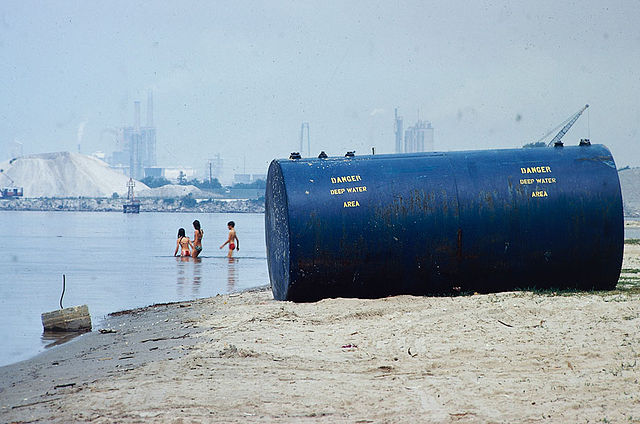
This week the Supreme Court delivered a decision on West Virginia v. EPA that limited the U.S. Environmental Protection Agency’s power to regulate greenhouse gasses. I’ve seen at least a dozen news articles that started with “In a major blow to climate activists…” This type of thinking obscures the fact that this is a major blow to frontline and fence-line communities. The people living closest to these polluting facilities will be harmed the most, largely low income communities of color like mine in Lake Charles, Louisiana. Put simply, this Supreme Court decision puts lives at risk.
Low income communities, specifically Black, brown, Indigenous and other communities of color, always seem to get the short end of the stick when it comes to infrastructure and development. We ask for grocery stores and get power plants. We ask for lower energy bills and we get more LNG terminals. We ask for clean water and we get massive grain elevators. It’s as if the government and elected officials give us the exact opposite of what we need. In another heart wrenching decision by the Supreme Court, BIPOC communities have once again been put on the back burner. By ruling that the EPA does not have the authority to regulate carbon pollution from power plants, the Supreme Court decision puts our lives at risk and hamstrings our fight for environmental justice. Black and other communities of color are disproportionately exposed to power plant pollution which causes an insurmountable number of health issues including premature death. As if that’s not enough, they also contribute to our warming climate making our fight for climate justice that much harder. Power plant companies have targeted communities where, on average, 52% of residents are Black, Indigenous, Latino, and Asian American. When is enough enough? When will the people’s voices be heard? When will their needs be met by finally having access to basic human rights such as clean water, safe air, healthy foods, and a safe place to live?
How does this affect residents in my community of Southwest Louisiana? In addition to the many federally declared disasters over the last two years, Lake Charles residents have for decades been dealing with—and fighting against—housing crises, inadequate healthcare access, and pollution from multiple nearby chemical facilities and power plants. I can’t help but think what that means for us with this 6-3 ruling from the U.S. Supreme Court this week, which is in favor of Republican attorneys general (including Louisiana) challenging the EPA’s authority to regulate power plant emissions. Human rights must be prioritized over polluter’s profits, and if the Supreme Court won’t uphold those rights, who will?
